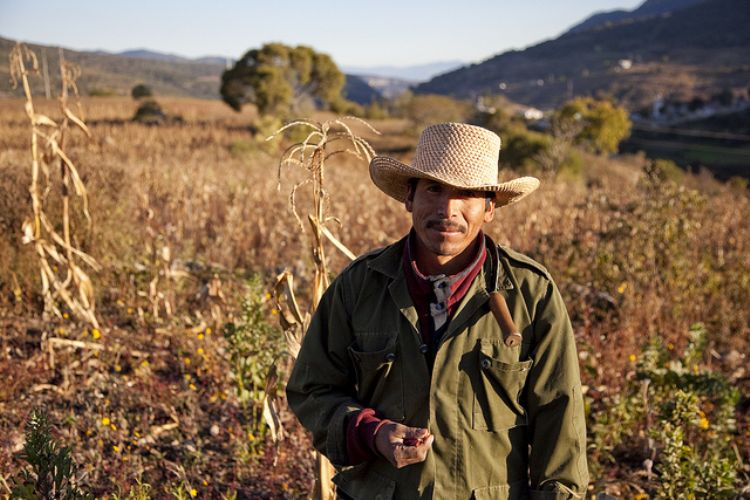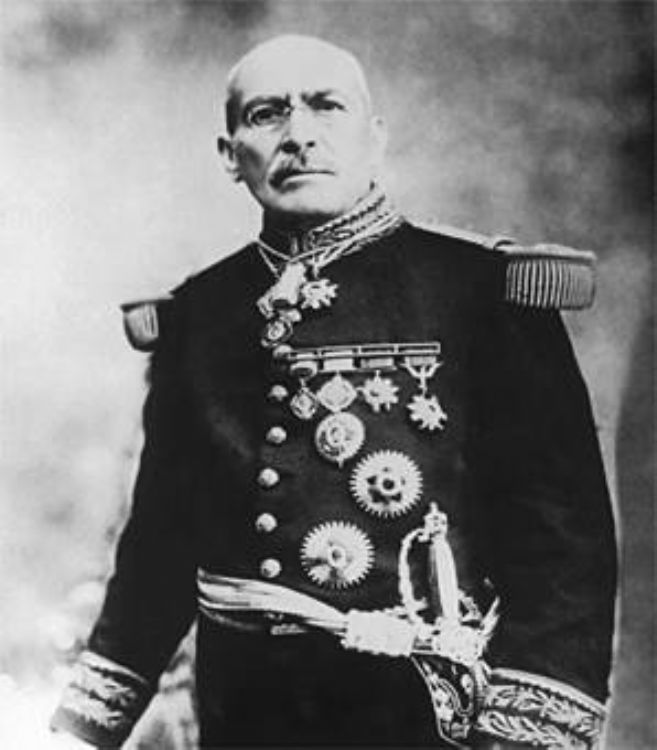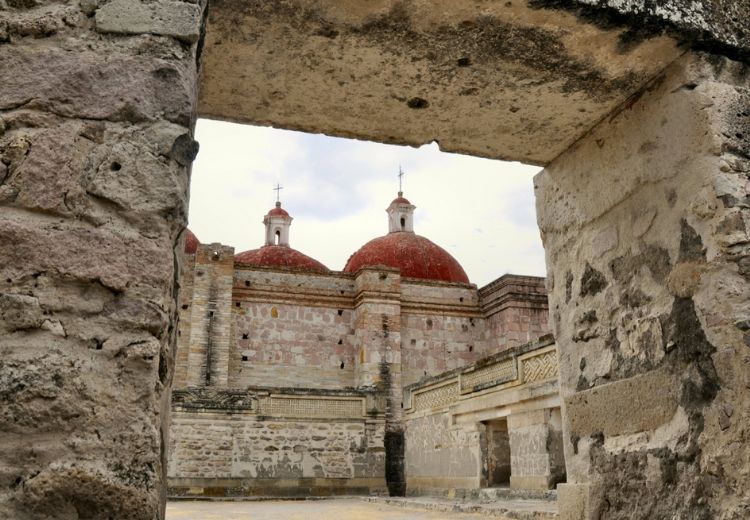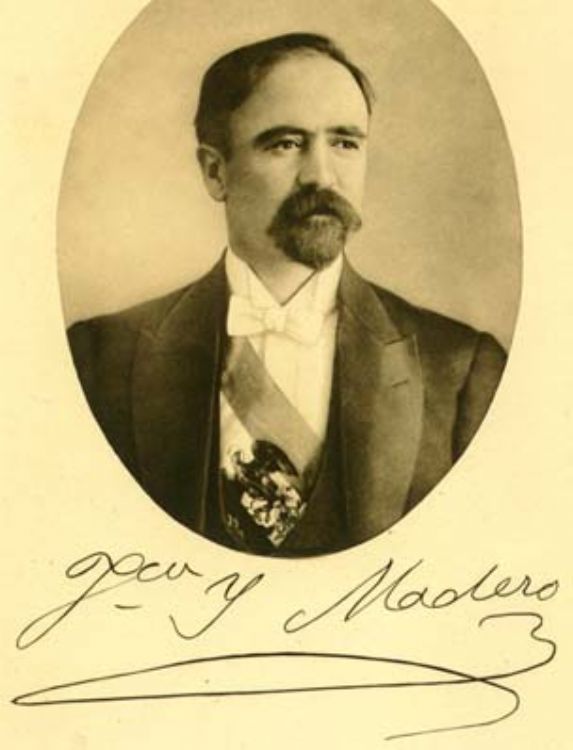
The education supply in Mexico is vast, however, categori...

Despite the low number of natives still living in the state of Sonora, many of the traditions from the ancestors which inhabited the state remain to this day, mostly because of the efforts from those descending from the original local tribes. Such is the case with the Guarijios, who celebrate two large festivities every year, the Cavapizca, in honor of the agricultural cycle which just ended and the good fortune of the one to begin; and the Tuguardas, which represent the forgiving of sins around the community.
The Papago ethnic group fabricate coritas or palm basketry across the desert of Sonora and even over the border into the North American state of Arizona, and also celebrate a ritual during the full moon in June, as they dance all night asking for rains in a ceremony known as "El Ritual de la Vikita".
Just as the rest of Mexican tribes, the Pimas profusely and passionately celebrate religious festivities; during the Yumare event, for instance, men drink fermented maize while the pascola singers and women dance for four nights around a bonfire hopingto be blessed with a good maize harvest.
One of the most representative dances of the state and pride of all its people, is "La Danza del Venado" or The Dance of the Deer, created by the Yaqui tribe which inhabits the southern part of the state, and also known as the Mazoyiwa dance. The grandiosity of this cultural expression comes from its significance, as for the Yaqui it represents nothing else than the human ideal, since the dancer is a man chosen while being still a child to play that role specifically, and which implies a long preparationin every detail aiming at a well-fed, athletic and slender human male capable of performing the gracious and delicate movements proper of deer. As such, the perfect performance of a deer-man struggling for dear life as it is fatally wounded by an arrow, results in a spectacular scene along the rhythm of exotic instruments like a "water drum" also known as the bueja, the reed, and the hirukiam or wooden stick rubs.
This is just a token of the great cultural richness that remains among the Yaquis, due to the courage and zeal they have shown along the history of Sonora. Currently, some 25,000 Yaquis keep their traditions and their culture, as well as their native dialect, even if they also observe the catholic festivities.
The Seri community represents another particular indigenous culture inhabiting the territory of Sonora, and they clearly stand out for being the only Mexican ethnic group that was not subject to the mission's process of evangelization, which means their rituals and ceremonies keep the purest pre-Columbian traditions, such as a fine facial make-up with colors representing death, luck, and the ocean.
Enter cuisine, as gastronomy represents a very important cultural aspect closely related to identity in every state of the Mexican federation. The Sonoran cuisine blends northern Mexican gastronomy with the exquisite ingredients available in waters of the Gulf of California, all this wrapped up by the local's creativity. To visit Sonora implies to enjoy beef of the best quality in the country, a steak usually served with local chorizo, beans and gigantic tortillas made with flour and water. Traditional breakfast may include the machaca, a dish made of ground dried meat and served fried with egg or in small flour tacos; or some small tamales with red pepper or made of sweet corn. Catholic Easter is the time for a local platter known as the capirotada sonoraense, a sweets dish made with fried bread, nuts and raisins. Along the coast, gastronomy belongs to stewed tuna, tomato shrimp, and mustard fish snacks. And finally, for dessert, the famous Sonora coyotas, or the rounded fritters known as buñuelos, together with dulce champurro, a thick hot drink made of ground corn and chocolate.

The education supply in Mexico is vast, however, categori...

Even though agriculture in Mexico occupies a minor role i...

Baja California
Baja California has had a ...

These delicious tacos originated in the city of Puebla as...

José Victoriano Huerta Márquez was born in ...

As we know, this year new Mexican elements were added to ...
.jpg)
It is very common in Mexico to hear fantastic stories tha...

The Mexican Revolution has been one of the political-soci...